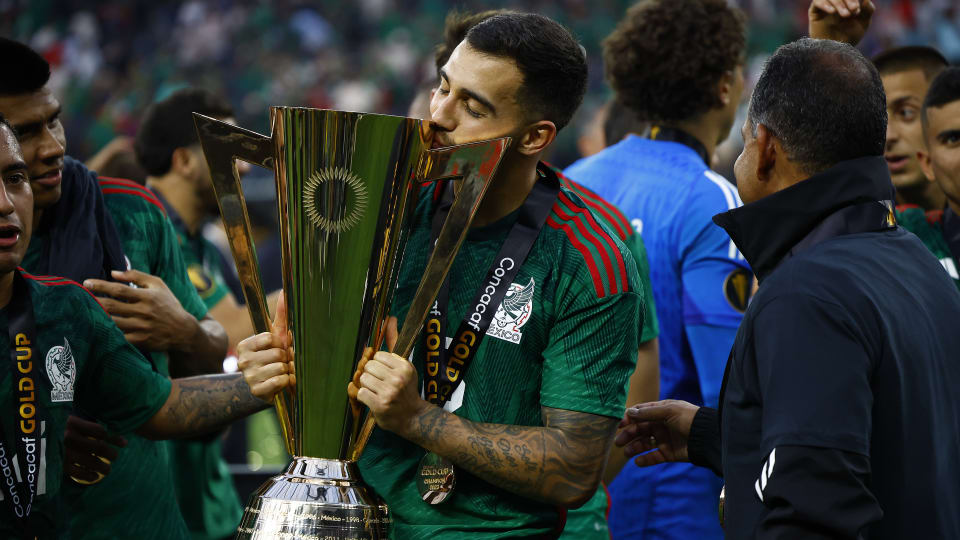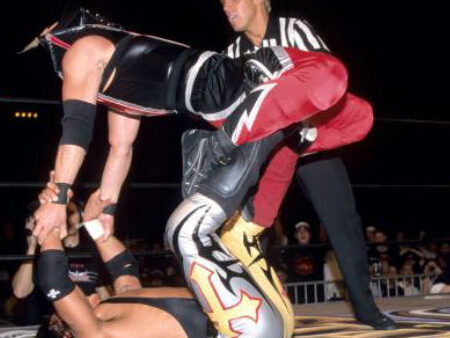
Mexico`s national football team, affectionately known as El Tri, has long been a dominant force within the Concacaf region. Recent triumphs, including victories in the Concacaf Nations League and the Gold Cup, stand as testament to their regional supremacy. Yet, beneath the veneer of continental success lies a persistent, nagging question: Is El Tri truly ready for the global stage? As the 2026 World Cup, partially hosted on home soil, looms larger, the imperative to translate regional dominance into international competitiveness has never been more acute.
The Enduring World Cup Riddle: A Tale of Two Eras
For decades, Mexico has navigated the World Cup with a perplexing duality. On one hand, their qualification record is enviable, consistently appearing in the tournament. On the other, their performance often hits an insurmountable ceiling: the Round of 16. Since 1986, El Tri has consistently found themselves on the wrong side of this knockout stage, a streak that has become less of a statistic and more of a national footballing curse.
The 2022 World Cup served as a particularly bitter pill. For the first time since 1978 (excluding the 1990 ban), Mexico failed to progress beyond the group stage. This stark reality check underscored that merely participating, or even dominating a familiar region, does not guarantee global relevance. The comfortable crown of Concacaf royalty, it seems, offers little comfort when facing the world`s footballing elite.
Beyond the Regional Bubble: Seeking Signature Victories
The inherent challenge for top Concacaf nations like Mexico and the USMNT is a lack of consistent, high-stakes competition against the world`s best. While regional fixtures build cohesion and confidence, they often fall short of preparing teams for the tactical sophistication and relentless pressure found at a World Cup. It`s a classic case of being a big fish in a relatively smaller pond, and then finding the ocean currents rather unforgiving.
Recognizing this critical gap, Mexico has embarked on a strategic shift under their current guidance. After a period of flux that saw three head coaches since 2022, a renewed focus on stabilizing the squad and challenging themselves internationally has emerged. The goal is clear: to secure “signature victories” against top-tier opponents, proving that their growth extends far beyond the familiar confines of North and Central America.
The Japan Test: A Litmus for Global Ambition
This quest for global credibility brings us to encounters like the one against Japan. Ranked 17th in the world, the “Samurai Blue” represent precisely the kind of sophisticated, tactically astute opponent Mexico needs to face. Japan boasts a four-match unbeaten streak after a rare loss in June, showcasing a resilient and talented squad under Hajime Moriyasu. Their attacking prowess and disciplined structure offer a stern examination for any team.
For El Tri, this isn`t just another friendly; it`s a critical barometer. A strong performance, even if it culminates in a draw, would signify genuine progress. It would be a tangible indicator that the team is indeed evolving, learning to compete at the pace and intensity required on the global stage. Conversely, a significant setback would only amplify existing doubts and intensify the scrutiny ahead of 2026.
Striking the Balance: Defense vs. Attack
Mexico`s recent Concacaf triumphs were built upon a solid defensive foundation, allowing only three goals during the Gold Cup campaign. This defensive solidity is commendable, but the question marks persist around their offensive output. While the veteran presence of Raul Jimenez is important, the team desperately needs other forwards to step up, provide consistent goal threats, and offer creative solutions in the final third.
The pressure on Mexico is, as always, immense. Their passionate fanbase demands not just participation, but deep runs in major tournaments. Losing to a team of Japan`s caliber is not an embarrassment in itself, but for a nation aspiring to host and excel in the next World Cup, every international fixture is a statement. The journey to truly break the World Cup Round of 16 barrier is paved with such challenging encounters, and how Mexico responds to these tests will ultimately define their legacy for 2026 and beyond.









